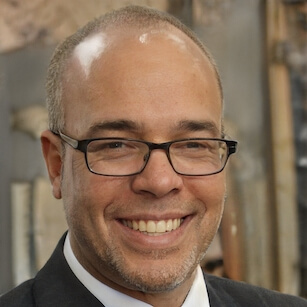Once the job requirements are defined, the next step is to create a compelling job description that accurately and enticingly describes the position. This helps attract the right candidates and sets clear expectations for what the role entails.
The third step is to choose the appropriate channels for advertising the job. This may include job boards, social media platforms, and industry-specific websites. It's important to consider the target audience and where they are most likely to look for job opportunities.
After promoting the job, the next step is to screen and evaluate incoming applications. This involves reviewing resumes, cover letters, and any other application materials to determine which candidates meet the job requirements and are worth pursuing further.
Next, I would conduct interviews with the shortlisted candidates. This is a crucial step in the hiring process, as it allows me to assess the candidate's communication skills, problem-solving abilities, and cultural fit within the company.
Once interviews are completed, I would check references to get insights from the candidate's previous managers, colleagues, or clients about their performance and work ethic.
Finally, after carefully considering all the gathered information, I would make a job offer to the most suitable candidate and negotiate the terms of employment. This is a critical step in ensuring that the candidate is satisfied with the offer and excited to join the company.










